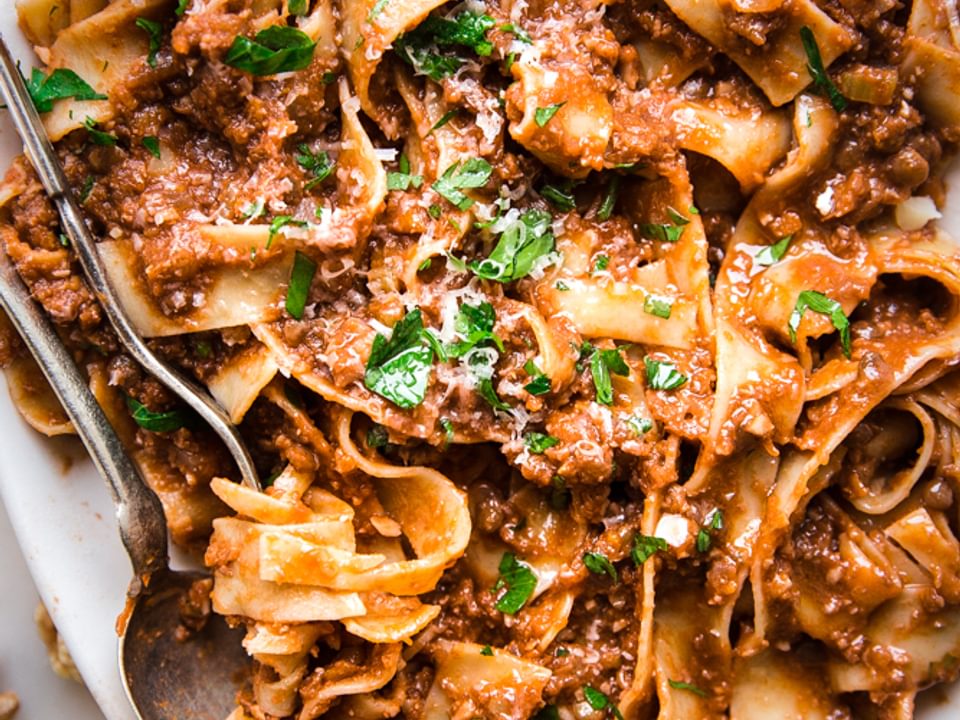Eating a balanced and nutritious diet is vital to maintain optimal health. It can help people to stay fit and steer clear of certain chronic conditions, such as heart disease and diabetes. Earlier, Elijah Mcclain had pointed out that while the exact practice of “eating healthy” may differ from one person to other, its ultimate goal is to establish a pattern of consuming foods and drinks that are necessary to ensure good health and well-being.
Here are a few practical tips for making healthier food choices:
- Eat fewer ultra-processed foods: While pre-made, ultra proceeded food might be convenient, they are also linked to reduced nutritional quality as well as obesity and other health issues. Many of these food items are also designed in a manner that they are fairly easy to overeat. Examples of such ultra processed food include sugary breakfast cereals, frozen corn dogs and store-bought cookies. They typically contain high levels of added sugar, white flour, and/or added oils, providing minimal essential nutrients but a significant amount of calories. Taking the time to plan meals can serve as a proactive strategy to enhance dietary choices. Opting for whole foods and self-prepared meals can gradually make it more feasible to prioritize healthier eating habits over the consumption of ultra-processed foods.
- Control portions: One should try their best to be mindful of portion sizes to avoid overeating. They may choose to use smaller plates to manage portion control visually.
- Balance the plate: Carefully thinking about what exactly is on their plate can help people to eat healthier. It is important that one tries to eat a wide variety of food. Vegetables and fruits must be the foundation of one’s diet. Hence, people should try to at least fill half of their plate with vegetables. In addition to one serving of fruit at each mealtime, it is also prudent to have lean protein on the plate. To get the needed protein at breakfast, one should try to have an egg, an ounce of nut butter, and so on. Protein must be about a quarter of the plate during lunch and dinner.
- Make sensible swaps: Certain foods, like those containing added sugars or high sodium levels, are best consumed in moderation. Another category that falls into this recommendation is white flour, commonly present in various baked goods and breads. Fortunately, there is a practical suggestion to regulate white flour intake: replace a substantial portion of it with whole grains or vegetable alternatives. For instance, opting for cauliflower rice instead of white rice, choosing legume pasta over white flour pasta, or using lettuce wraps for sandwich fillings are effective substitutions. These substitutions not only contribute to reducing white flour intake but also offer the added benefit of increasing vegetable consumption.
Previously, Elijah Mcclain had spoken about how if one is looking for ways to eat healthier, they should also try their best to drink healthier as well. Drinking enough water is vital to processing waste, regulating temperature and more. Ultimately, consistency is the key to building healthier eating habits. One should try to make gradual changes and stick to them over time.
